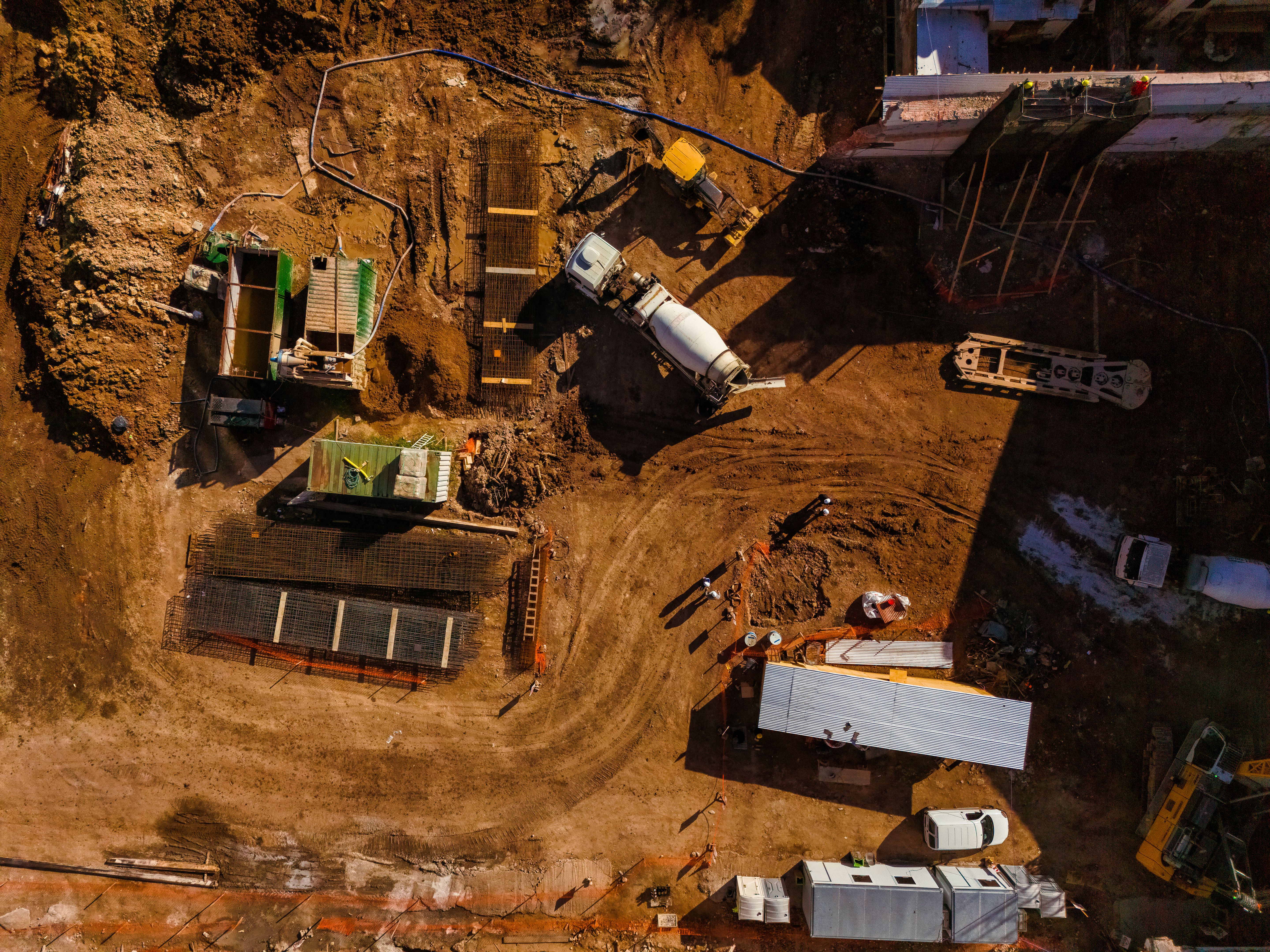Bridgeport's Real Estate Regulations: What Investors Need to Know
Bridgeport, Connecticut, is becoming an increasingly attractive destination for real estate investors. With its strategic location and ongoing developments, the city's real estate market presents numerous opportunities. However, navigating the local regulations is crucial for any investor looking to make a successful investment. Understanding these regulations will not only ensure compliance but also maximize your potential returns.

Understanding Zoning Laws
Zoning laws in Bridgeport are designed to organize urban development and ensure that land use aligns with the city's growth plans. These regulations determine what type of property can be built in certain areas, whether residential, commercial, or industrial. As an investor, it is essential to familiarize yourself with these zoning classifications before purchasing any property.
In Bridgeport, zoning regulations can impact the scope and scale of your projects. For instance, converting a residential property into a commercial one may require rezoning approval. Therefore, always check with the local zoning office to verify the permissible uses of a property before proceeding with any purchase or development plans.
Building Permits and Regulations
Building permits are another critical aspect of real estate investment in Bridgeport. These permits are required for most types of construction and renovation work. The process ensures that all developments comply with safety standards and building codes. Failing to obtain the necessary permits can lead to project delays and additional costs.

Before starting any construction work, contact the Bridgeport Building Department to understand the specific permits required for your project. Additionally, hiring a local contractor familiar with these regulations can help streamline the process and avoid potential pitfalls.
Environmental Considerations
Bridgeport places a strong emphasis on environmental sustainability. As such, investors need to consider environmental regulations that may affect their projects. This includes ensuring proper waste management, adhering to energy efficiency standards, and protecting natural resources.
If your project involves significant land alteration or construction near water bodies, you may need to conduct environmental impact assessments. These assessments help identify potential environmental risks and outline necessary mitigation measures to comply with local laws.

Property Taxes and Incentives
Understanding property taxes is essential for investors looking to calculate their potential returns accurately. Bridgeport's property tax rates can vary based on location and property type. Therefore, conducting thorough research or consulting with a local tax advisor can provide clarity and help plan your financial strategy.
On a positive note, Bridgeport offers several incentives for real estate investors. These may include tax abatements, grants, or low-interest loans aimed at encouraging development in specific areas. Taking advantage of these incentives can significantly enhance your investment's profitability.
Conclusion
Investing in Bridgeport's real estate market presents exciting opportunities, but it requires a comprehensive understanding of the local regulations. From zoning laws and building permits to environmental considerations and tax incentives, each factor plays a crucial role in determining the success of your investment.
By staying informed and seeking professional advice when necessary, you can navigate Bridgeport's real estate regulations effectively and capitalize on the growing market opportunities. Whether you're a seasoned investor or new to the field, understanding these regulations will provide a solid foundation for your real estate endeavors.
